Vocational Subjects
-
Miss C Carter: Curriculum Lead: Hair and Beauty
-
Mr J Stokes: Business Studies
-
Mrs L Cox: Child Development and Education
Why Vocational Learning is Important
At our school, we provide students the opportunity to explore vocational subjects at the GCSE level. Vocational learning offers students practical, hands-on experience while also building the foundational knowledge needed to support and enhance their skills. These subjects allow students to directly engage with industries they are passionate about, developing their abilities and preparing them for potential careers.
Our vocational courses are tailored for KS4 learners with a keen interest in specific fields. They are designed to develop key skills, knowledge, and a real-world understanding of various sectors. Below is an overview of some of our key vocational subjects:
GCSE Business Studies
In an increasingly globalised and dynamic world, young people face evolving challenges and opportunities driven by technological advancements, environmental issues, and shifting societal needs. Business Studies equips students with the knowledge, skills, and mindset to thrive in this interconnected world. The course fosters an understanding of how economic and social factors influence daily life and helps students develop key financial literacy skills to manage their resources effectively.
Business Studies nurtures adaptability, creativity, and entrepreneurial thinking. It encourages students to explore how businesses function, driving innovation and improving products, services, and institutions. Students also develop essential analytical and critical thinking skills, learning to solve problems and make informed decisions. The curriculum provides a strong foundation in numeracy, literacy, and digital skills, all applied in real-world business contexts.
Ultimately, Business Studies promotes responsible and ethical citizenship, encouraging students to understand the interconnection between economic prosperity, societal well-being, and environmental sustainability. These foundational skills prepare them for personal and professional success in the future.
Hair and Beauty
Our Hair and Beauty curriculum is designed to be inclusive and accessible to all students, regardless of their starting points. Through a carefully structured program, students are guided on a learning journey that builds on prior knowledge and addresses relevant issues that affect our lives today and will continue to do so in the future.
The curriculum emphasizes leadership, social integrity, and stewardship, allowing students to reflect on current social issues and consider their own actions. Students apply their knowledge and skills continuously in key assessments, gaining practical experience that extends beyond the vocational area.
Hair and Beauty not only develops a deep understanding of the sector but also fosters essential academic skills that support further progression in a wide range of careers. Whether students choose to continue studying or pursue apprenticeships and careers in hairdressing, beauty therapy, or related industries, the rigorous curriculum and assessment approach will equip them with the tools they need for future success.
Child Development and Education
The Child Development and Education course focuses on the learning, development, and care of children from birth to five years old. With approximately 2 million childcare places in the UK, ranging from nurseries to childminders, this qualification offers a comprehensive understanding of child development principles across various occupational settings.
Learners are introduced to a broad range of career opportunities in fields such as teaching, special educational needs, occupational therapy, and speech and language therapy. The course also challenges stereotypes, encouraging students to explore diverse entry routes and gender roles in the sector.
By studying Child Development, students gain insights into the positive and negative factors that influence human growth and development. They are encouraged to critically analyze the impact of these factors on everyday life. The curriculum offers practical opportunities and real-life scenarios, helping students develop applied knowledge and hands-on skills essential for future careers in childcare, education, and related fields.





